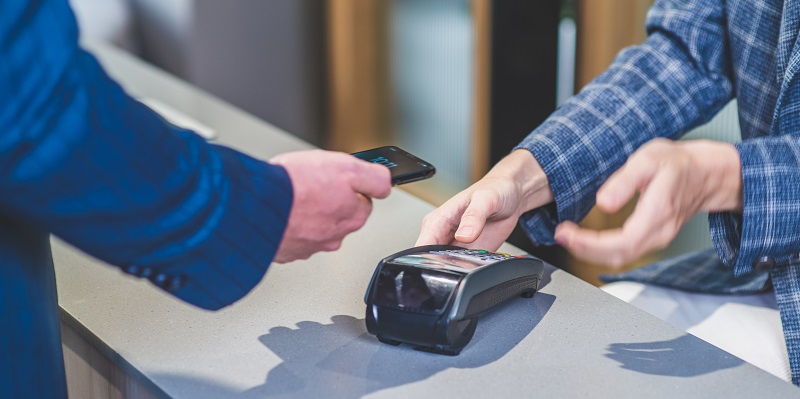The world of business-to-business (B2B) transactions is often plagued by complexities, causing delays, inefficiencies, and cash flow challenges. However, the Indian supply chain finance platform, KredX, and global payment solutions provider, Mastercard, are joining forces to revolutionize B2B digital payments. With the integration of Mastercard’s commercial card service with KredX’s innovative platform, businesses can bid farewell to the usual complications associated with card-based B2B payments.
Integration of Mastercard’s Commercial Card Service with KredX’s Platform
The collaboration between KredX and Mastercard aims to simplify B2B payments by seamlessly integrating Mastercard’s commercial card service with KredX’s cutting-edge platform. This integration eliminates the usual complexities faced during B2B payments made using cards. Businesses can now enjoy a seamless payment experience, saving time and effort, and enhancing their operational efficiency.
Benefits of Integrating Pre-discounting Journeys and Post-discounting Payments
By integrating pre-discounting journeys with post-discounting payments, KredX’s platform paves the way for enhanced operational efficiency and stronger supply chain management capabilities. The platform, powered by artificial intelligence (AI), offers dynamic discounting, early payment, and price discovery features. These capabilities not only improve cash flow but also empower vendors with advanced chain management capabilities.
The KredX Procure-to-Pay Platform
Acting as a procure-to-pay offering for businesses, KredX’s platform facilitates faster and more efficient matching and processing of invoices. This streamlines the entire procurement process, allowing for smoother transactions and eliminating the bottlenecks that often arise in B2B payments.
Addressing Challenges Associated with B2B Payments
The collaboration between Mastercard and KredX goes beyond simplifying B2B payments. It also aims to address other challenges faced in this space, including long accounting and reconciliation processes, low vendor acceptance, and the risk of frequent chargebacks. By leveraging KredX’s proprietary technology and Mastercard’s expertise in commercial payment solutions, this partnership tackles the pain points that hinder businesses’ access to working capital.
Collaboration Benefits and Impact
The collaboration between KredX and Mastercard brings forth a pioneering B2B payments solution accessible to businesses of all sizes. With simplified B2B digital payments, companies can expect improved cash flow, faster access to working capital, and enhanced efficiency in their supply chain management. This partnership empowers businesses to navigate the intricacies of B2B transactions with greater ease and confidence.
Quotes from key figures
Manish Kumar, CEO and Founder of KredX, expresses excitement about the collaboration, stating, “By combining our advanced technology with Mastercard’s expertise, we are positioning ourselves to revolutionize B2B digital payments and empower businesses with better cash flows and access to working capital.”
Mukul Sukhani, Senior Vice President of Business Development for South Asia at Mastercard, emphasizes the potential of the partnership, saying, “Our collaboration with KredX will simplify the B2B payments landscape and unlock growth opportunities for businesses by providing them with efficient and streamlined payment solutions.”
In conclusion, the partnership between KredX and Mastercard marks a significant milestone in simplifying B2B digital payments. By integrating Mastercard’s commercial card service with KredX’s cutting-edge platform, the collaboration aims to eliminate complexities, improve cash flow, and enhance supply chain management capabilities. This pioneering B2B payment solution will benefit businesses by providing them with better cash flows, streamlined processes, and access to working capital. With this collaboration, the future of B2B digital payments looks promising, fueling growth and success for businesses across sectors.

